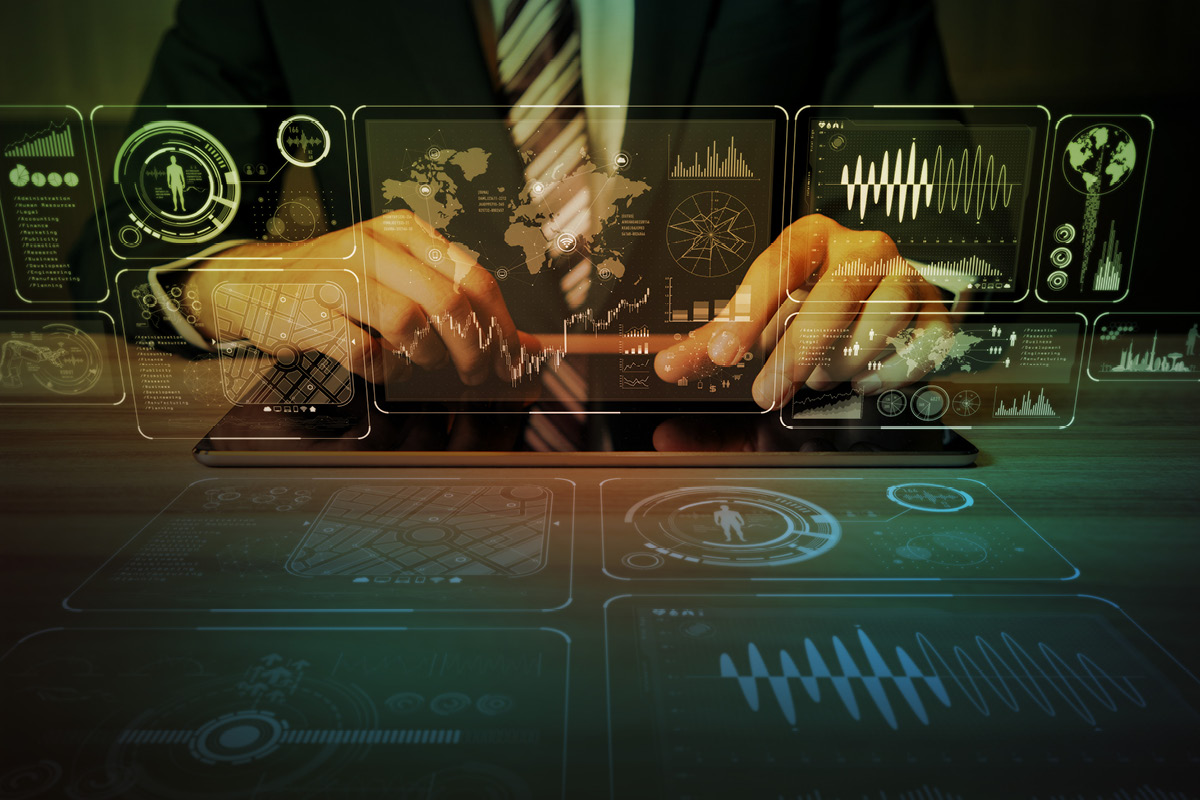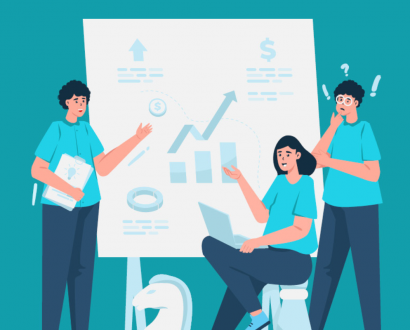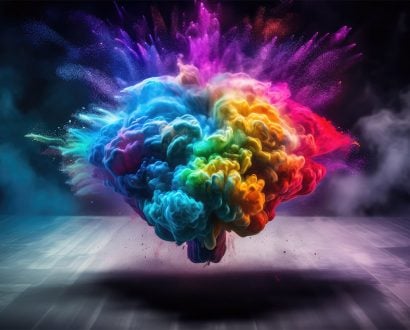Marketing is constantly evolving. Over the past 10 years, marketing professionals have experienced the rise of social, viral and database marketing, reflecting a change in how consumers want to interact with brands.
More recently, marketing professionals have fielded the shift towards modern marketing methods, like personalisation, which increases the focus on customer experience through automation tools.
However, according to Gartner, artificial intelligence (AI) will cover 85% of customer interactions by 2020, foretelling the striking changes that marketing professionals are likely to see unfolding within the industry over the next five years.
It seems that traditional automation practices are no longer enough to provide deep brand influence in a crowded market. This begs the question, what is next for marketing?
The challenges facing marketing today
Like many other industries, marketing has been confronted with the rise of machine learning. While conversations about AI are usually accompanied by fear-mongering about machines taking our jobs – this is simply not the case for marketers. In fact, these technologies can, and will, enable marketing to scale in ways that we could not have imagined.
Historically, marketing activities were based almost entirely on gut instinct and whims, relying on vast databases and limited tools to speak to customers. Until recently, many marketing decisions have been driven manually by people.
For example, the likes of content development and strategic decisions around customer segmentation have and typically continue to be part of manual decision making. While this is the case across many job functions, for marketing, manual processes raise several issues especially when looking to scale operations given the huge volumes of data now being handled by marketers.
As a result, new technologies have become especially important to marketers, providing the means to sieve through data and identify the right audience and relevant message that should be issued.
In addition, consumers are engaging on multiple devices and through various channels, making it increasingly difficult to deliver a consistent and integrated brand message without assistance.
The reality is, there is a limit to what humans can do – especially with more data coming into the fold. It’s vital to have the right tools available to help marketers figure out the best person, channel, and time to deliver their message.
Harnessing the power of machine learning and AI
It should be clear to modern marketers by now that data is the most valuable resource and those that use it well can deliver considerable competitive advantage.
As a result, AI has quickly become critical to creating data-driven insights to boost engagement, while revolutionising the marketer’s user experience – completely reshaping modern approaches to marketing. For example, within AI strategies, machine learning has quickly become critical to discovering patterns and associations in data, without being explicitly programmed.
Marketing should not revolve around traditional automation tools, as it’s not the way to intuitively deal with the increasing amounts of data on the cards. Instead, marketers need to be empowered to focus on strategy, creativity and content to deliver a truly engaging experience to customers.
With AI being implemented more frequently, marketing is entering a new phase, whereby technology will help deliver on the promise of marketing – that is, truly personal interactions. The partnership between humans and AI is critical to delivering on this promise, and we’re only just getting started.







